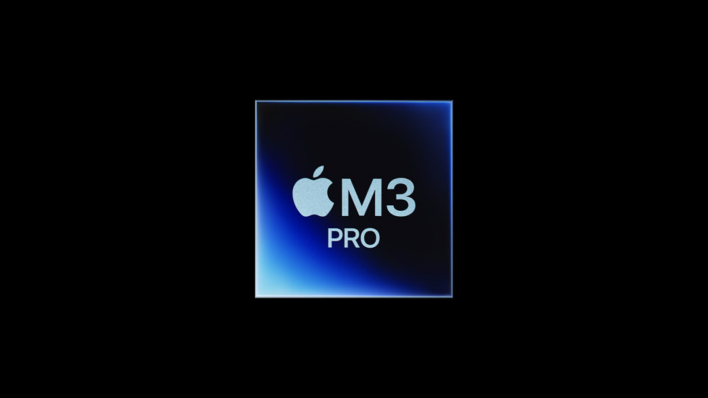
At first glance, it doesn’t seem to reflect the optimism of Apple’s marketing department when they said the new MacBook Pros were “frighteningly fast.” Based on the company’s claims and the success of the previous M1 and M2 series (especially the M1 series), expectations for its new processors were high but the first results show a “steadier reality.”
In the single-core test, the M3 Pro scored 3,035 points while in the multi-core test, it scored 15,173 points. For comparison, Hot Hardware tried running Geekbench 6 on a 16-inch MacBook Pro with an M2 Pro to score 2,667 and 14,410 on the single-core and multi-core tests, respectively. This means that the M3 Pro is 14% faster in the single-core test and about 5% faster in the multi-core test. In the case of the M2 Pro, multi-core performance is boosted by 38% compared to the M1 Pro in the same benchmark. Although many were quick to call the M3 Pro’s performance disappointing, other things need to be taken into consideration before drawing final conclusions. For example, the single-core performance of the M3 Pro should not be overlooked. While the M2 Pro processor showed a 12% improvement in single-core performance compared to the M1 Pro processor in Geekbench 6, the M3 Pro processor showed a 15% performance increase compared to the M2 Pro processor. This 15% improvement can be described as impressive if we look at the bigger picture of the semiconductor industry. For example, AMD’s Ryzen 7 7840U is only 6% faster than the Ryzen 7 6800U in terms of single-core performance (when they both have the same TDP), and that’s a much smaller generation-to-generation performance increase than Apple’s. Treatments.
However, the above does not change the fact that the M3 Pro performed below expectations in the multi-core test. The M3 Pro still has 12 cores like the M2 Pro but replaces two high-performance cores with more power-efficient cores, which likely limits performance gains (although this likely means better power efficiency and perhaps lower consumption) . Additionally, TSMC’s 3nm manufacturing method doesn’t appear to boost performance or power efficiency as much as the 5nm method did on its predecessor.
If Apple hadn’t been so aggressive in its marketing with claims of its new “frighteningly fast” MacBook Pro laptops, this article would probably be redundant. Another thing to point out is that most processor manufacturers take about one and a half to two years to introduce and release new models. So far, Apple has indicated it takes about a year. However, the launch of the M3 series processors this year is great in itself given that the M2 Pro was released just ten months ago. If Apple continues at this rate, a 10% generation-to-generation performance increase is very significant, and growing rapidly, even if it doesn’t seem significant on first reading.
-
1
-
1

“Avid problem solver. Extreme social media junkie. Beer buff. Coffee guru. Internet geek. Travel ninja.”







More Stories
Download Epic Games Store Easter games absolutely free
Bad manta for Windows 11?
NASA: Received a laser message from deep space for the first time